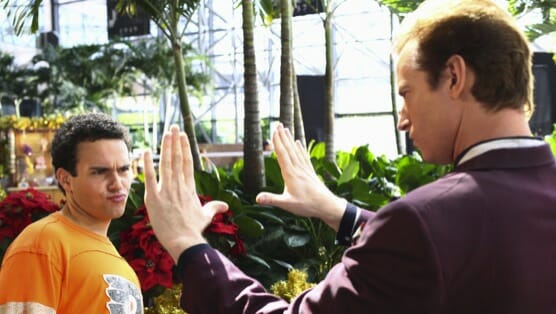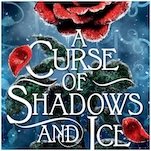The Goldbergs: “The Most Handsome Boy on the Planet”
(Episode 2.09)

I’ve said it before and I’ll say it again—holiday-themed episodes bring out the best of The Goldbergs, as it works to hone in on and intensify each character’s worst (read: funniest) attributes. “The Most Handsome Boy on the Planet” may not have hit quite the highs of the Thanksgiving episode from a few weeks ago, but what it lacks in belly laughs it more than makes up for with a good bit of heart (and Barry constantly muttering “model walk” whenever leaving a conversation).
The titular story centers on Barry, who is approached at the mall by a skeevy photographer named John Calabasas (played by Rob Huebel—of course) about becoming a model. After ponying up 100 dollars for what is clearly a scam, Barry begins taking “lessons” with the photographer to hone his supermodel skills. Enthused by the idea that other people find her little boy to be as beautiful as she does, Beverly goes along with this set-up against her better judgment (such is the power of Beverly’s Mom goggles). Eventually, much to Barry’s dismay, the photographer soon asks that Beverly join in on their photo sessions so he can have a “mother/son” team.
-

-

-

-

-

-

-

-

-

-

-

-

-

-

-

-

-

-

-

-

-

-

-

-

-

-

-

-

-

-

-

-

-

-

-

-

-

-

-

-








































